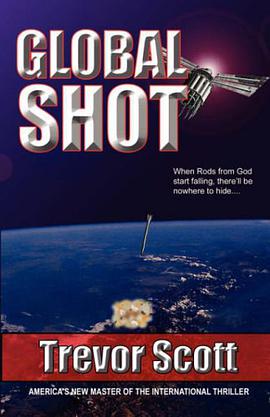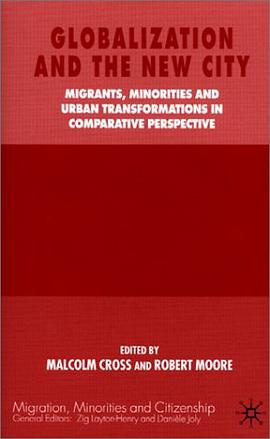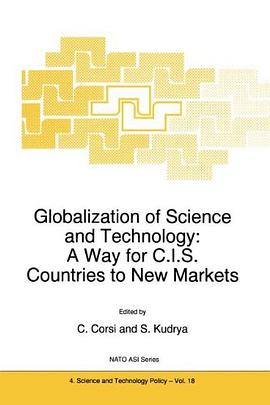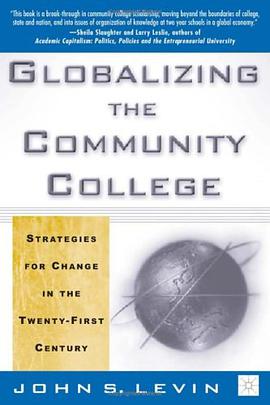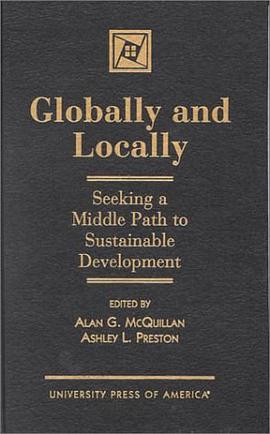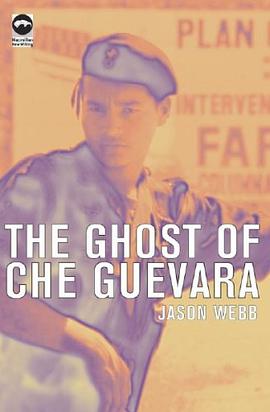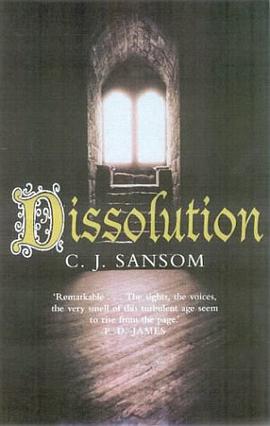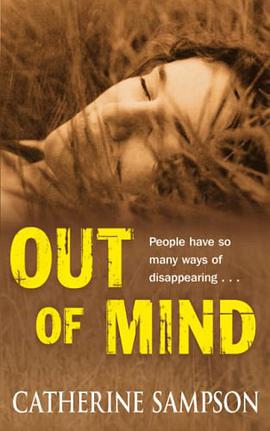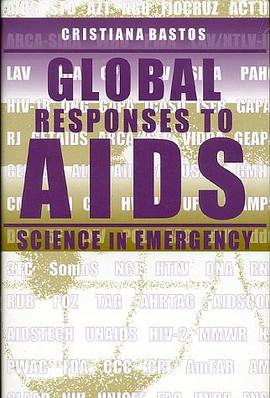
"Global Responses to AIDS" analyzes the response to AIDS from various groups involved in developing knowledge of and about a health crisis that had unique public scrutiny and media coverage; generated an organized social response from the homosexual communities of the United States; was subject to special programs of the World Health Organization for global action and intervention; was portrayed by health agencies and the media as having different epidemic patterns from the developed and developing world; coincided with a moment of intensification of trans-national connections, flows of funding, and new communication systems.Rio de Janeiro serves as an observation point for the study of the intersecting worlds of activism, clinical, and biomedical research. Why Rio de Janeiro and not New York City, or other centres of major research laboratories, activist groups, and hospitals? Because in a semi-peripheral setting like Rio, the contrast of the central and peripheral conditions in the production of knowledge readily emerge.This variable has rarely been taken into account in the social study of science, and it became of utmost importance in the response to AIDS. If the 'global approach' to AIDS promoted by WHO was also interactive, it might mean that peripheral knowledge in medicine, such as the developments in infectious diseases that remained a Third World problem, might be relevant to the understanding of many aspects of AIDS. "Global Responses to AIDS" pursues this issue, examining the different agendas of the groups involved in studying the crisis, the actors, their interacting networks, their power relationships, their practices, and reproduction of knowledge. Cristiana Bastos is a Senior Research Fellow at the Social Sciences Institute, University of Lisbon and is the author of "Montes do Nordeste Algarvio" and several articles on Algarve and Alentejo.
具體描述
讀後感
評分
評分
評分
評分
用戶評價
相關圖書
本站所有內容均為互聯網搜索引擎提供的公開搜索信息,本站不存儲任何數據與內容,任何內容與數據均與本站無關,如有需要請聯繫相關搜索引擎包括但不限於百度,google,bing,sogou 等
© 2025 qciss.net All Rights Reserved. 小哈圖書下載中心 版权所有





